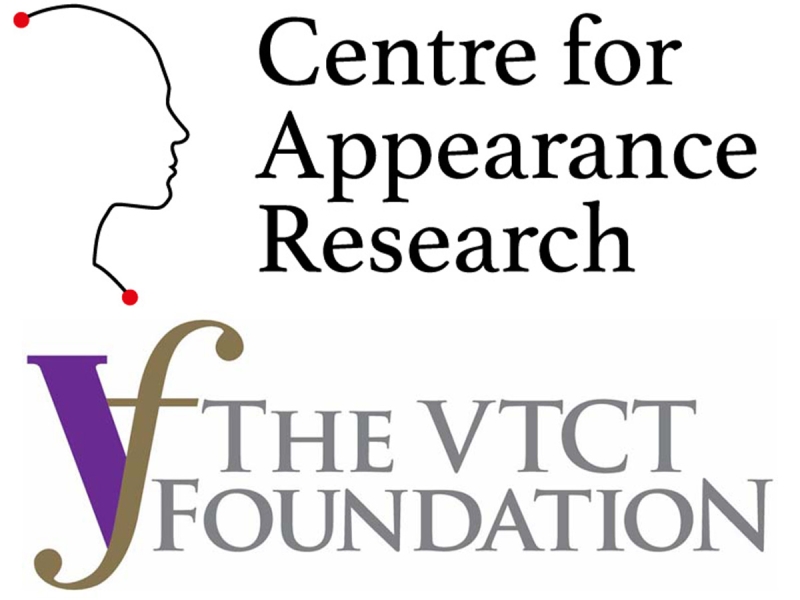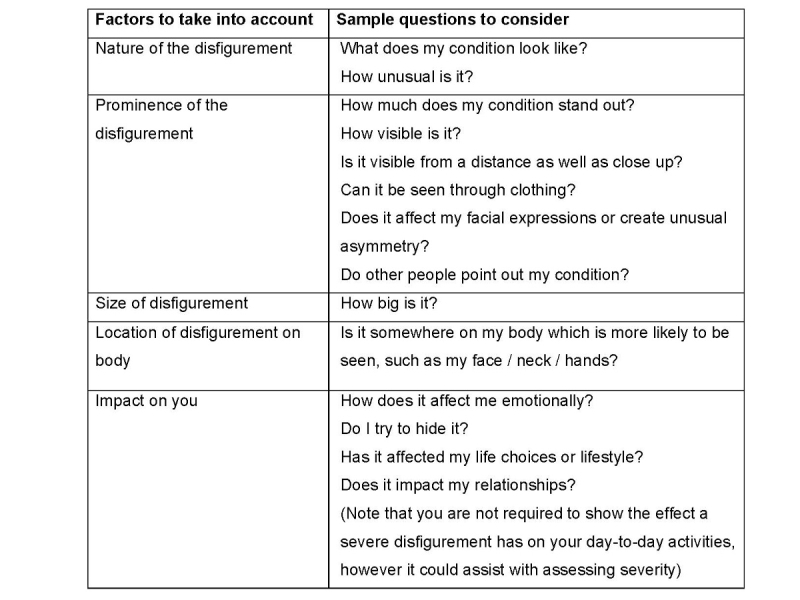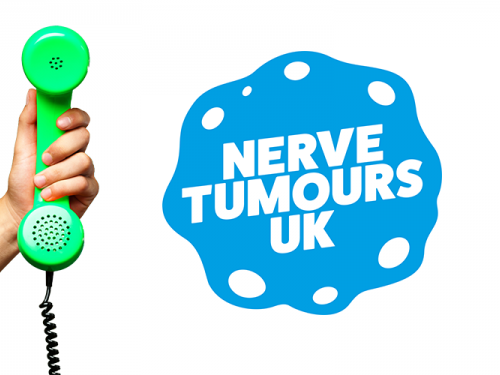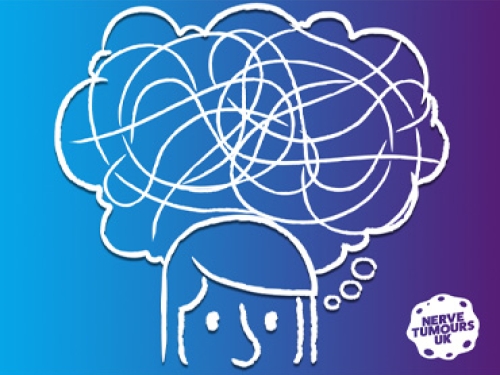Disclosing and explaining visible differences - CAR Workshop
10 November 2023
The 'Disclosing and Explaining Visible Differences' workshop on Thursday 26th October 2023 was hosted by the VTCT Foundation team at the Centre for Appearance Research (CAR) based at the University of the West of England.
The workshop was led by Dr Kathleen Bogart, Associate Professor of Psychology at Oregon State University. As a person with a disability, Dr Bogart is passionate about researching, educating, and writing about ableism, or disability prejudice. Her research focuses on the psychosocial implications of living with disability, rare disorders, or facial differences such as Moebius syndrome.
Nerve Tumours UK was represented at the workshop by our Specialist NF Nurse Rebecca Rennison, who includes her reflections on the workshop, along with additional advice.
Workshop Synopsis: People with visible differences are frequently expected by others to disclose or explain their appearance. Research has shown that people use a range of disclosure approaches, some of which are associated with more positive psychosocial outcomes than others.
The interactive online workshop included an overview of studies that have been conducted by Dr Kathleen Bogart and the team at CAR, and discussions around ways to support people who might be facing this situation on a daily basis.
Understanding visible differences from an NF perspective
What is a ‘disfigurement’, or a visible difference, that is impacting on me? Does my condition count?
- ‘Disfigurement’ could include various conditions or injuries which affect your appearance. This might include scarring, birthmarks, limb or postural deformation (including restricted bodily development), diseases of the skin and other types of conditions. Whether someone has a disfigurement is decided on a case-by-case basis. What is important is not whether you’ve got a particular condition but how that condition appears in your case.
- Unremoved tattoos and piercings for non-medical purposes are not disfigurements.
- The visible effects of NF1, such as a plexiform tumour or a significant number of smaller skin tumours or café au lait marks could count as a disfigurement, but remember to consider whether it is ‘severe’. Remember also to consider whether any other possible features of NF1 (such as a learning difficulty, for example) could amount to a disability.
- The visible effects of NF2, such as a significant number of schwannomas could count as a disfigurement, but remember to consider whether it is ‘severe’. Remember also to consider whether any other possible features of NF2 (such as hearing loss, for example) could amount to a disability.
How do I know if my disfigurement is ‘severe’?
Having any form of visible difference may affect an individual in various ways, and deciding whether a particular disfigurement is severe, involves weighing up several factors.
The table below is for guidance.
According to the World Health Organisation, adolescence is the phase of life between childhood and adulthood, from the ages of 10 to 19. It is a unique stage of human development and an important time for laying the foundations of good health. Adolescents need age appropriate information and health services to grow and develop.
NF1 and NF2 are variable conditions that can lead to changes in an individual's appearance.
Appearance concerns are identified as a very important aspect of patient experiences. Changes in appearance have consistently been shown to have a detrimental effect on quality of life, social interaction, relationships and mental health.
Parents and young people with NF identified that thoughts and feelings about appearance related issues, plus experiences of social situations, can affect wellbeing and potentially impact future experiences of living with NF.
The lack of knowledge of the condition can lead people to the internet to look at worst case scenarios.
How can we help?
-
Helping young people and parents talk about NF in a simple and positive manner.
-
We can help educate health professionals, who can play an integral role doing this, by talking to the young person about their appearance.
-
Increased awareness and understanding about NF amongst schools, other healthcare professionals, and the general public.
-
School visits are invaluable, to ensure children with NF are supported appropriately, and the condition is understood.
The following will also help to reduce the stigma of a visible difference that may occur with NF.
-
Increased awareness and understanding of NF amongst professionals.
-
Ensure that young people have access to trusted information including online resources etc
-
Where to access psycho-social support. Check out our Support Resources section for further advice and guidance.






